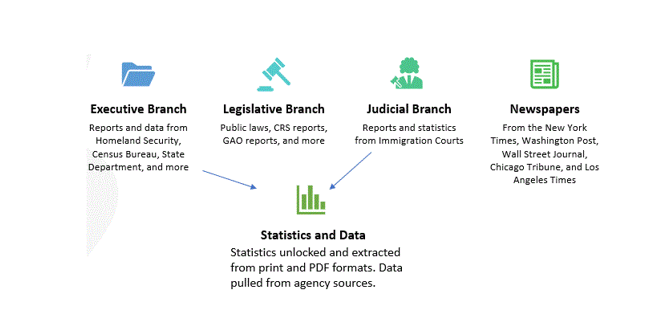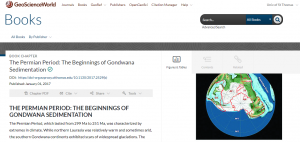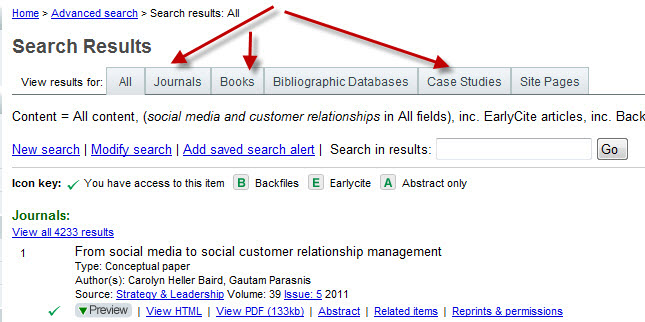Please note, the February Trials have concluded.
This February, the University of St. Thomas Libraries are trialing five research databases. These resources will be available for the entire month, giving students, faculty, and staff an opportunity to explore and provide feedback to help determine whether the libraries should invest in these resources in the future.
We value your input! Please send any comments or questions to the librarian listed with each resource by February 28th.
APA PsycTests (via ProQuest)
Access APA PsycTests
APA PsycTests allows you to instantly find and download instruments for research and teaching, making it easy to access tests and measures designed for use with social and behavior science research. Each record provides a summary of the construct, and also provides information on reliability, validity, and factor analysis.
Dive into the wide range of test types including test batteries, questionnaires, rating scales, surveys, and much more.
Please contact Merrie Davidson with any questions or feedback.
Financial Times
Access Financial Times: you will need to set-up an account using your St. Thomas email
FT.com is the fully digital version of The Financial Times, a leading international newspaper that provides in-depth analysis of global markets, industries, and economic trends. Beyond business, it also covers politics, technology, climate change, social issues, and lifestyle trends, making it a valuable resource across multiple disciplines. The digital platform allows users to quickly search for topics using keywords or browse entire issues with ease.
Please contact Andrea Koeppe with any questions or feedback.
ProQuest One Academic
Access ProQuest One Academic (copy/paste link into browser):
https://login.ezproxy.stthomas.edu/login?URL=https://www.proquest.com/pq1academic
ProQuest One Academic is an all-in-one research database that provides access to scholarly journals, dissertations, newspapers, ebooks, primary sources, and streaming videos across multiple disciplines—all from a single platform. It includes four core multi-disciplinary products – ProQuest Central, Academic Complete, Academic Video Online and ProQuest Dissertations & Theses Global.
With over 40 databases, ProQuest Central includes content across all major subject areas, including business, health and medical (including nursing), social sciences, arts and humanities, education, science, engineering and religion.
ProQuest One Academic information page
Please contact Andrea Koeppe with any questions or feedback.
Scopus and Web of Science
Scopus and Web of Science are two of the most widely used multidisciplinary citation databases for academic research. Both databases are essential for literature reviews, tracking research trends, and assessing scholarly impact through citation analysis. They are competing products from two different providers. St. Thomas currently subscribes to Scopus.
Since both Scopus and Web of Science have recently added AI features to their products, the Libraries are trialing both products to solicit feedback on their functionality and to determine future needs.
Scopus AI
Access Scopus AI
Scopus AI is a powerful, AI-driven add-on feature to the Scopus database. It is designed to enhance the research process by leveraging the extensive Scopus database of peer-reviewed literature, patents, and conference proceedings. Developed to assist researchers, students, and professionals, Scopus AI simplifies the often-daunting task of sifting through massive amounts of scholarly information.
Key features of Scopus AI include:
- Smart Search Assistance: Scopus AI refines search queries, helping users locate relevant articles, papers, or datasets with precision.
- Trend Analysis: It identifies emerging trends in research fields, providing insights into current and future directions.
- Content Summarization: Scopus AI generates concise summaries of articles, saving time and making it easier to extract key findings.
- Collaboration Insights: The tool highlights key contributors, institutions, and partnerships in specific research areas.
Scopus AI FAQs page
Please contact Karen Brunner with any questions or feedback.
Web of Science, with AI Research Assistant
Access Web of Science
The Web of Science Research Assistant is a responsibly developed, generative AI-powered tool designed to enhance research and help discover fresh insights faster. The Research Assistant runs alongside researchers as they work, keeping up with research needs as they develop. Intelligent discovery helps the researcher effortlessly interpret and explore the literature. Task-based guidance and contextual prompts light up potential paths forward and enable researchers to complete complex research tasks faster.
Key features include:
- Delivery of carefully curated data from editorially selected sources, with guided walk-throughs and relevant, context-specific prompts
- Optimization for academic research use cases
- Adherence to licensing agreements, usage rights, and evolving global regulations
- Inclusion of concise overviews and commentaries, as well as dynamic visualizations such as trend graphs, topic maps, and co-citation networks
More information about the Research Assistant
Our trial also includes the Journal Highly Cited Data package, a separate analytics solution that is the combination of Journal Citation Reports and Essential Science Indicators. This has connections to Web of Science Core Collection to provide visibility to journal metrics (like Impact Factor) and article metrics (like Hot or Highly Cited Papers).
Access Journal Citation Reports
Access Essential Science Indicators
Clarivate Trial Terms and Conditions
Please contact Meg Manahan with any questions or feedback.




